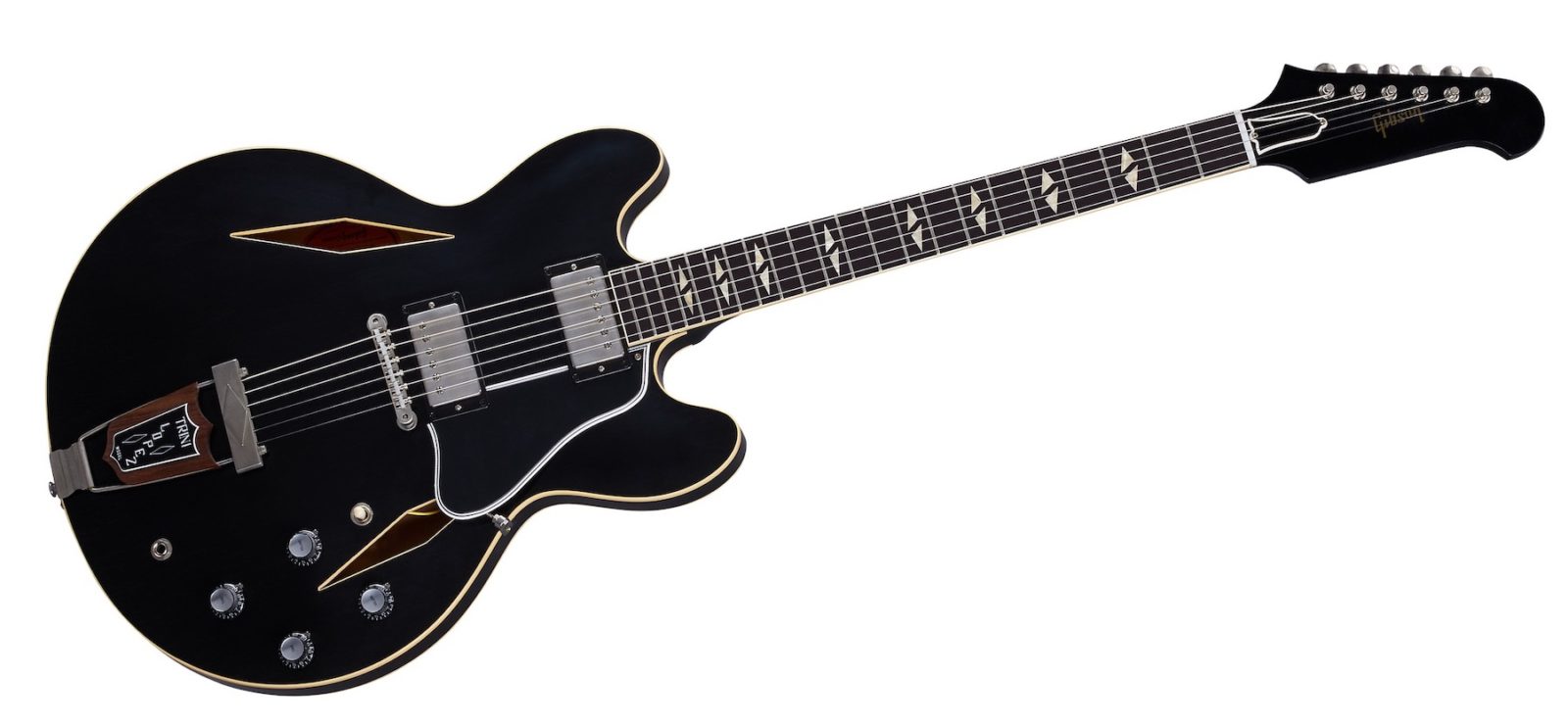Curry Pervert wrote: Fri Mar 25, 2022 6:49 pm
tommy wrote: Fri Mar 25, 2022 1:01 pm
3) There is a pretty huge volume drop with guitar from bypass to effect. Especially with both engaged. I haven't yet tried it with keys to see if it's an impedance thing. But I've owned two separate Musitronics Phasor IIs in my life (one half of the Bi-Phase) and they boosted signal a little bit, they didn't kill it. This might be a deal breaker for me. There's a 90% chance I'm returning this unless there is an internal output level control or something. Maybe the effect output seems so low because the bypass is true bypass? There's also a pretty big thud when using the bypass switch. I think I'd let that slide if it was unity gain though. Worth a mention.
I read about this somewhere else (think it was gearslutz) and it was noted that with both engaged the volume drop is fairly severe. Someone said it's normal (relatively) and happened on the originals also.
biscuitdough wrote: Sun Mar 27, 2022 7:19 pm
Yeah, analog octave pedals don’t track well with a lot of harmonics in play. If you want consistent response, the neck pickup or at least rolled off tone is a good approach, and drive pedals after it in the chain. Of course, you can get some wild noises by not doing that, which some people like a lot.
As with other analog octavers, pitch shifters, synth pedals etc, putting it in a true bypass looper with a compressor in front can help with these issues to some degree.
[TBP Loop send> compressor> Mutron> TBP return]
Using a clean sounding compressor, like a Demeter or BBE optostomp(something optical), you can even out the note response and improve the tracking.
You can then make up some of the level drop with the compressor output, but depending on your unit, it could clip before reaching "unity".
Playing mostly old single coil guitars, this has been essential in making stuff like my MXR blue box or Line 6 FM4 worth a shit.
Doesn't help with a convoluted pedalboard, but worth trying/considering!
